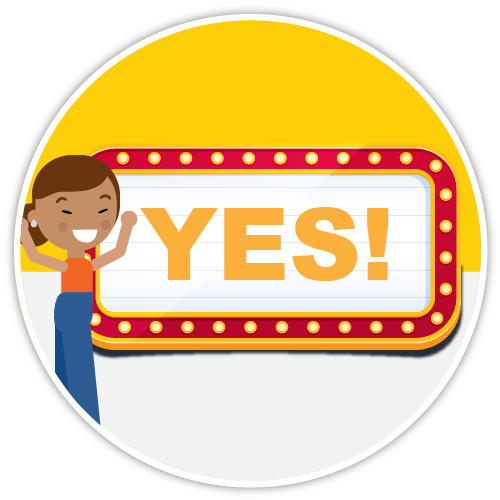Welcome to the Kansas Energy Program’s K-12 Energy Benchmarking Project, a no-cost, real-life, interactive STEM project. The Kansas Energy Program (or KEP) has worked to create a variety of activities that help students examine how energy is consumed in their school building using science and math in real-world applications. Students learn how to use professional energy-auditing equipment to uncover strategies that reduce energy consumption in the building, which could lead to utility savings for the school district.
You’ve probably seen “ENERGY STAR” ratings on appliances to indicate their energy efficiency. At KEP, we’ve paired ENERGY STAR resources (Portfolio Manager) with our expertise in energy efficiency to provide students a unique, hands-on learning experience with the potential to save schools money.
KEP has put together NGSS aligned, real-world STEM lessons that introduce students to energy, energy efficiency, and asks students to role-play as the energy auditor for the school. Teachers have the option to use the full-year curriculum, or pick and choose lessons that support what is already being done in the classroom.
Typically, a class or club will form an “energy team” made up of students, with support from teachers and administrators, who will work through the project together. However, it is fully adaptable to match classroom and student needs.
The energy team will work through a series of activities to:
KEP will start by gathering your school's utility bills and facility details, which you can submit below on the Energy Usage and Baseline form. KEP will then enter your school’s data into ENERGY STAR's Portfolio Manager database to track energy use and compare it to other schools. The database will generate an energy efficiency score to use as a benchmark for tracking future improvements.
The K-12 Energy Benchmarking Project will:
And there is no cost for your school to participate!
If a year-long project is more than you need, choose what lessons fit the needs and interests of your students, and KEP will still assist in the activities and gathering utility information.
Here are a few more materials you might find useful to learn more.
Energy Usage and Baseline Form
Utility Authorization Template

Email us at ksenergyprog@ksu.edu or fill out the form below to get the ball rolling. We’re excited to help you and your students learn more about energy efficiency as we support you in your mission to educate Kansas students!
